Accurate temperature measurement depends not only on the quality of your thermocouple or RTD sensor but also on the connector that links it to your system. A well-designed connector ensures secure, stable signal transmission, minimises measurement errors, and allows for quick, hassle-free sensor replacement in the field.
That’s why we offer a wide range of thermocouple and RTD connector solutions, available off-the-shelf for immediate use. Covering all calibration types and compatible with most wire options, our connectors include line plugs, line sockets, panel sockets, and complete panel assemblies - making it easy to find the right fit for your application.
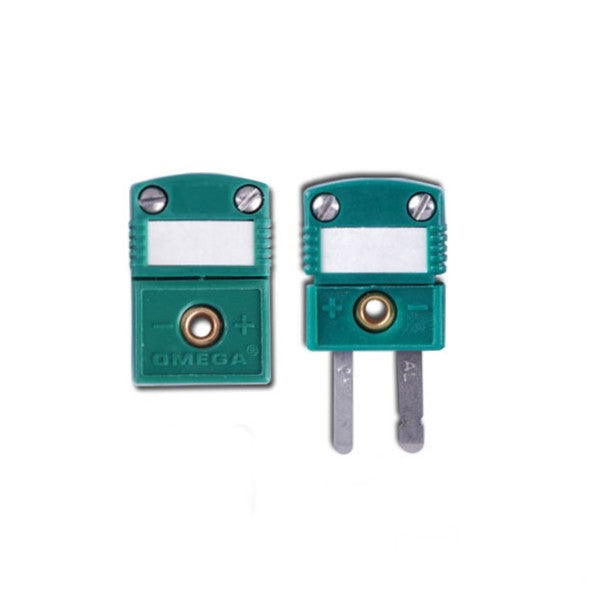
Omega SMPW Miniature Thermocouple Connectors
Sale priceFrom £3.00
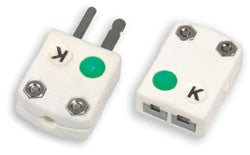
Omega High Temperature Miniature Ceramic Thermocouple Connectors
Sale priceFrom £8.50
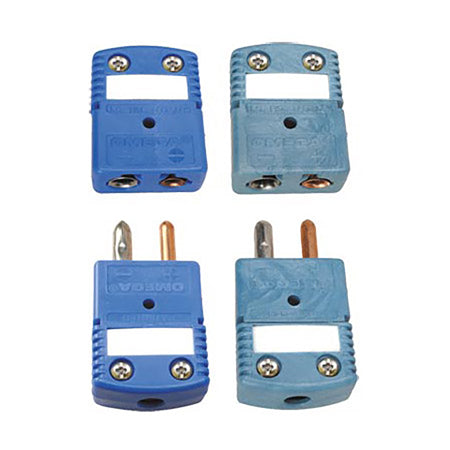
Omega HSTW Standard Thermocouple Connectors
Sale priceFrom £6.50
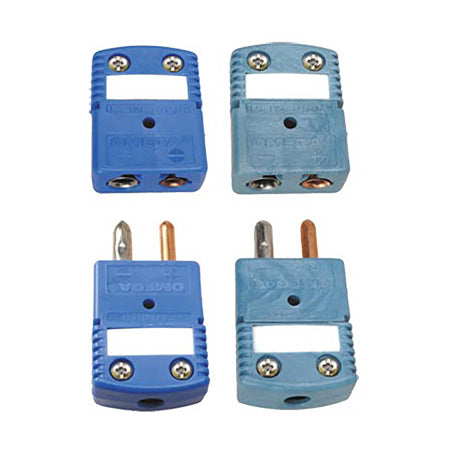
Omega OSTW Standard Thermocouple Connectors
Sale priceFrom £4.00
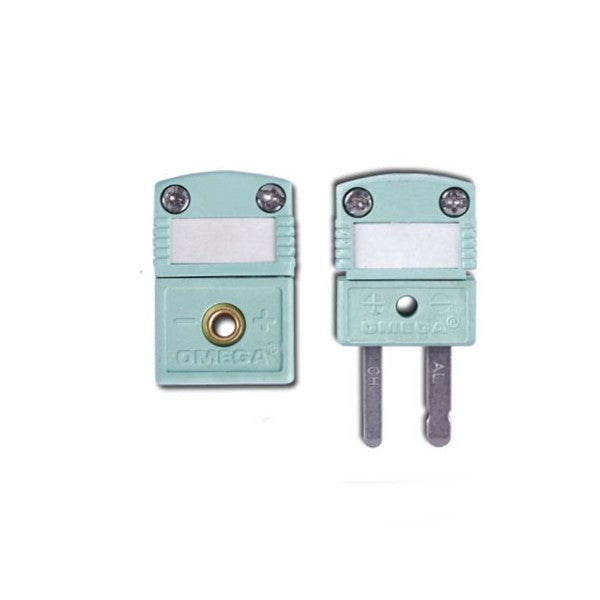
Omega HMPW Miniature Thermocouple Connectors
Sale priceFrom £4.00
